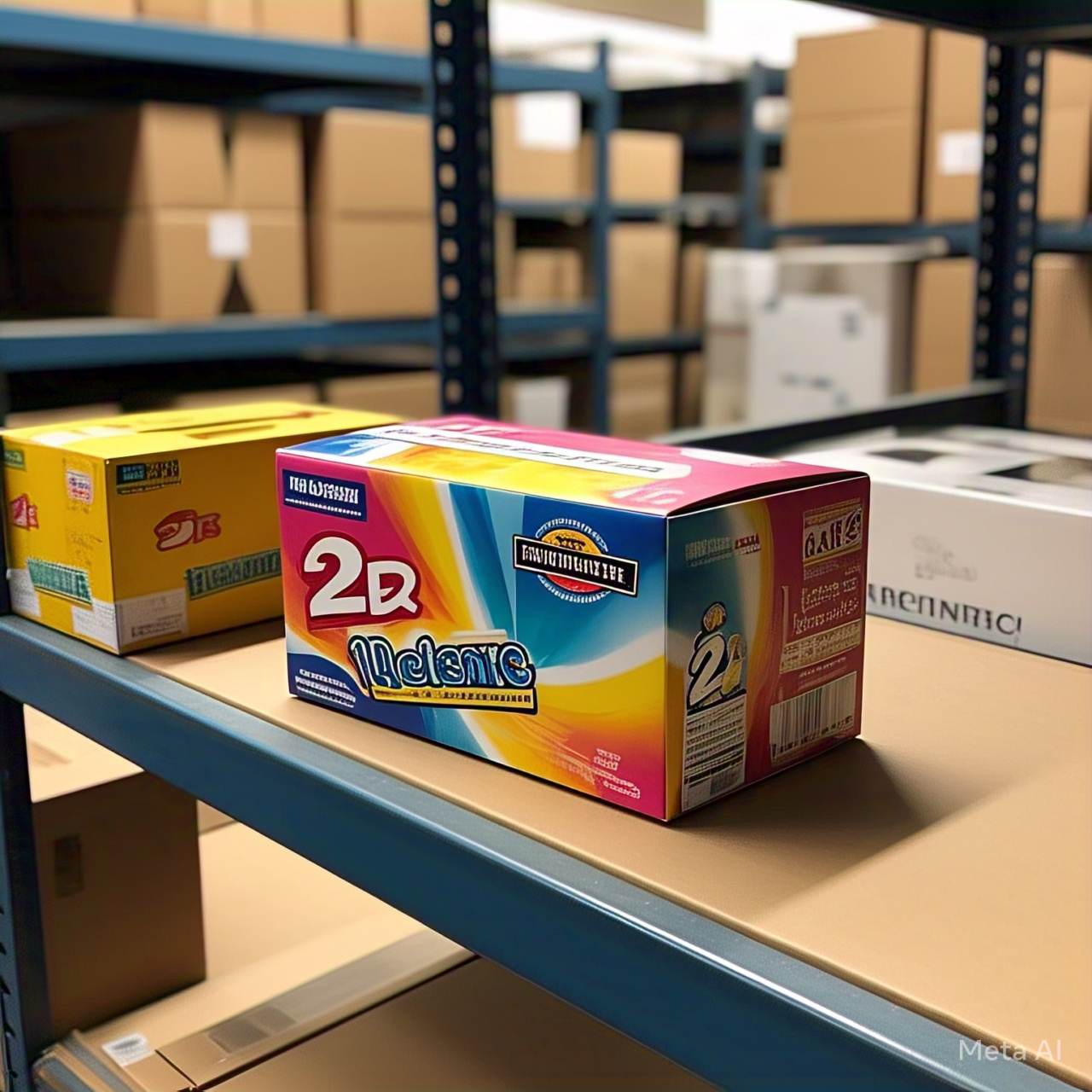Cartons have become an essential part of modern packaging solutions, serving various industries and fulfilling a wide range of consumer needs. From protecting goods during shipping to enhancing product presentation, cartons are more than just simple containers—they are innovative packaging solutions designed to provide convenience, safety, and sustainability. In this blog, we delve into the different types of cartons, their versatile applications, and their role in promoting eco-friendly practices.
Types of Cartons
Cartons come in various forms, each tailored to specific uses. Understanding the different types of cartons can help businesses choose the most suitable packaging for their products.
1. Folding Cartons
Folding cartons are lightweight and versatile, often used for packaging food items, cosmetics, and pharmaceuticals. These cartons are typically made from paperboard and can be easily customized with printing and coatings to enhance product appeal.
2. Corrugated Cartons
Corrugated cartons are known for their durability and strength. They consist of a fluted corrugated sheet sandwiched between two flat linerboards. These cartons are ideal for shipping and transporting heavy or fragile items due to their excellent cushioning properties.
3. Aseptic Cartons
Aseptic cartons are designed for packaging perishable liquids like milk, juice, and soups. Made from multiple layers of paperboard, plastic, and aluminum, these cartons preserve the freshness and extend the shelf life of the contents without the need for refrigeration.
4. Gable Top Cartons
Commonly used for dairy products and juices, gable top cartons are easily recognizable by their foldable top, which can be resealed after opening. They are user-friendly and often made from renewable materials.
5. Egg Cartons
Designed specifically for the safe transport and storage of eggs, these cartons are made from molded pulp, foam, or plastic. Their unique design helps prevent breakage and ensures eggs remain secure.
Uses of Cartons
Cartons serve a multitude of purposes across various industries. Their adaptability makes them suitable for numerous applications:
· Food and Beverage Industry: Cartons are widely used for packaging cereals, snacks, dairy products, and beverages. They provide a safe and hygienic barrier to preserve food quality.
· Retail and E-commerce: Folding and corrugated cartons are indispensable in retail packaging and online order fulfillment. They offer protection during shipping and can be designed for branding purposes.
· Pharmaceuticals: Cartons ensure the safe storage and distribution of medicines, providing tamper-evident features and space for essential information.
· Electronics and Appliances: Corrugated cartons with added padding protect delicate electronics and household appliances from damage during transit.
The Sustainability of Cartons
As environmental concerns continue to grow, cartons have emerged as a more sustainable packaging option. Many companies are now prioritizing eco-friendly practices by adopting carton-based packaging due to its recyclability and renewability.
1. Recyclable Materials
Most cartons are made from paperboard sourced from sustainably managed forests. They can be recycled multiple times, reducing the demand for virgin materials and lowering environmental impact.
2. Biodegradability
Unlike plastic packaging, paper-based cartons decompose naturally, contributing less to landfill waste and ocean pollution.
3. Lightweight and Efficient
Cartons are lighter than many alternative packaging materials, which translates to lower transportation emissions and energy consumption during production.
4. Innovations in Eco-Friendly Cartons
Advancements in carton design include water-based inks, plant-based coatings, and fully compostable materials, making cartons even more sustainable.
Choosing the Right Carton for Your Needs
Selecting the appropriate carton involves considering product type, durability, sustainability, and brand presentation. Businesses should evaluate these factors:
· Product Protection: For fragile items, corrugated cartons with internal padding are ideal.
· Shelf Appeal: High-quality printing and custom designs on folding cartons can enhance brand visibility.
· Eco-Friendly Options: Opt for cartons made from recycled or FSC-certified materials to align with sustainable practices.
· Cost Efficiency: Balancing quality with affordability is essential to maximize profit margins without compromising on product safety.
Conclusion
Cartons play a critical role in modern packaging by offering versatility, durability, and eco-friendly solutions across multiple industries. From protecting products to enhancing brand presence and supporting environmental sustainability, cartons are a vital packaging choice for businesses worldwide. Whether you need cartons for shipping, retail, or storage, choosing the right type ensures efficiency and protection. Embracing sustainable carton solutions also contributes positively to the environment.
Invest in quality cartons today to safeguard your products and support a greener planet.







